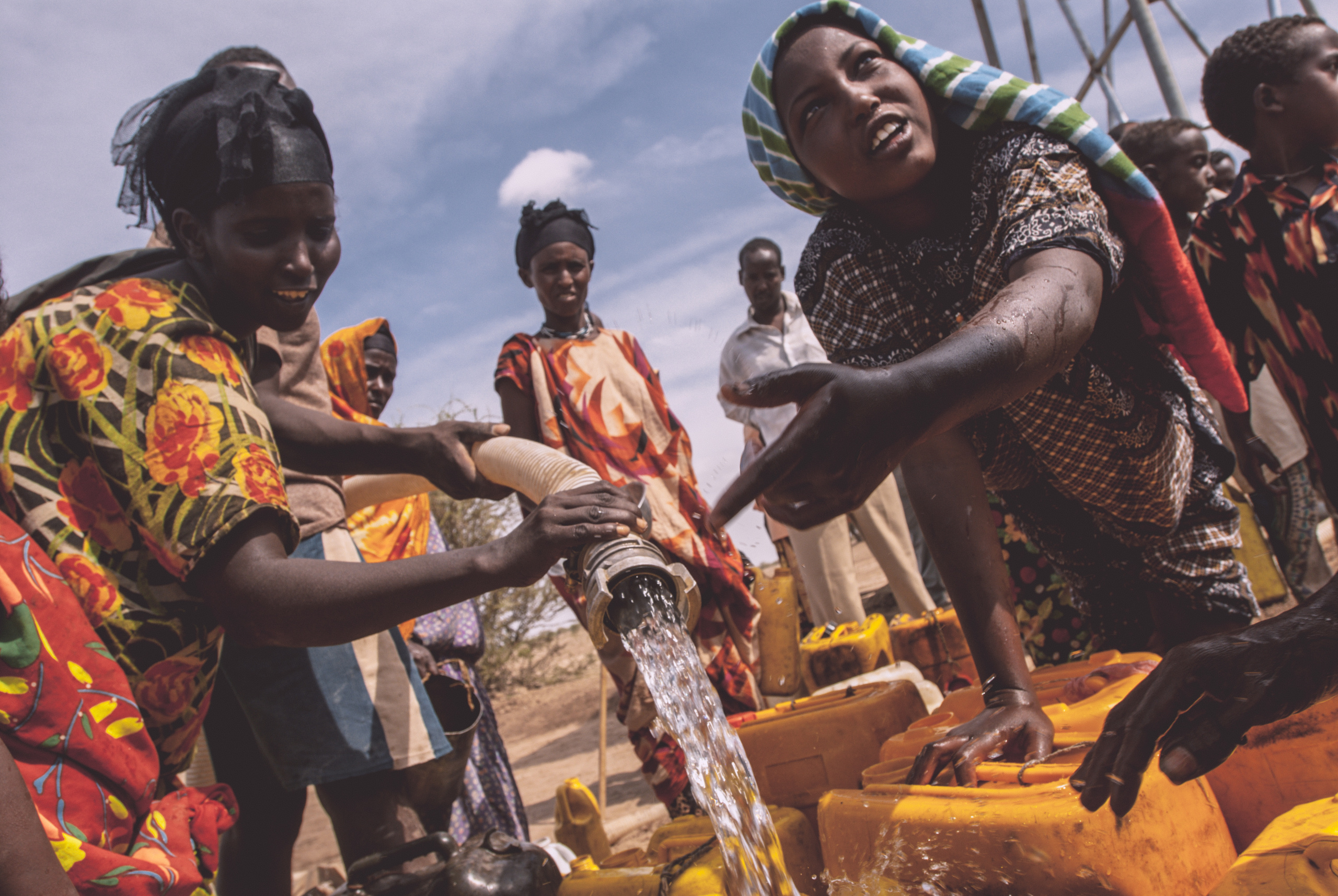PAI Statement Ahead of the 4th International Conference on Financing for Development (FfD4)

PAI’s Government Accountability for Family Planning Budgets project supports civil society advocates in Benin, Burkina Faso, Côte d’Ivoire, Malawi, Tanzania, Uganda and Zambia to hold their governments accountable for increasing domestic investments in family planning and improving the transparency of budget data. All of the Government Accountability partners are implementing the Common Framework for Tracking Government Spending on Family Planning, an accountability approach created and refined by civil society advocates and PAI over a period of three years. This approach and its tools were developed to measure the performances of country governments investing in family planning supplies and services. Comprised of a standard set of indicators that can be used across country contexts, the Common Framework follows the planning and budgeting cycle — from funding need to allocation, disbursement, expenditure and outcome.
Civil society advocates in East and Southern Africa were the first to begin implementing the Common Framework in late 2018. During the following year, the four original Government Accountability partners—Centre for Reproductive Health and Education (CRHE) in Zambia, Malawi Network of AIDS Service Organizations (MANASO), Tanzania Communication and Development Center (TCDC) and Samasha in Uganda—used the Common Framework to develop country-specific family planning budget scorecards as advocacy and accountability tools. In West Africa, Government Accountability partners have applied the approach in Burkina Faso and Côte d’Ivoire since early 2020 and have produced their first set of country scorecards. Government Accountability partners in a third West African country, Benin, joined the project in mid-2020, and began implementing the Common Framework shortly thereafter.
Across country contexts, the Common Framework highlights the need for publicly available budget data. Tracking disbursement and expenditure data in real time is a key feature of the methodology, as it allows civil society to identify budget implementation issues and advocate for changes during the budget year.
When these data are only available annually after the budget year has ended, civil society advocates have no means of addressing time-sensitive problems with budget implementation. Drawing on official government data, the Malawi, Tanzania, Uganda and Zambia scorecards provide stark evidence of how policymakers have neglected family planning programs and contraceptives in national budgets. In particular, the amount of unspent allocations is a wake-up call to all sexual and reproductive health stakeholders—allocations are meaningless if the funds are not being disbursed and spent. This underspending, combined with a lack of transparency around disbursement and expenditure data, is a red flag that requires urgent responses in the form of monitoring, organizing and advocacy by local civil society, international nongovernmental organizations and donors worldwide to hold these country governments accountable. Given that the lack of transparency around COVID-19 response funds is already a major focus of advocacy in a number of countries, family planning budget advocates have an opportunity to leverage and/or team up with these budget transparency campaigns.
As governments in low- to middle-income countries grapple with the pandemic’s economic impact on revenues—by redirecting funds within health budgets as well as cutting budgets—PAI and its Government Accountability partners anticipated backsliding on family planning investments. For instance, the contraceptives allocation in the Malawian government’s fiscal year (FY) 2020/21 budget proposal was 10 million kwacha lower than the previous fiscal year, and in Tanzania’s FY 2020/21 budget proposal, the health ministry’s development budget was nearly 200 billion shillings less than the previous year. At the same time, it is critical for civil society to sustain budget monitoring, advocacy and accountability work during health crises. In response to the pandemic, Government Accountability partners have adapted their budget advocacy activities to continue this important work.
We are fighting back against the onslaught of harmful policies that discard reproductive rights.
Stay informed about the issues impacting sexual and reproductive health and rights.
